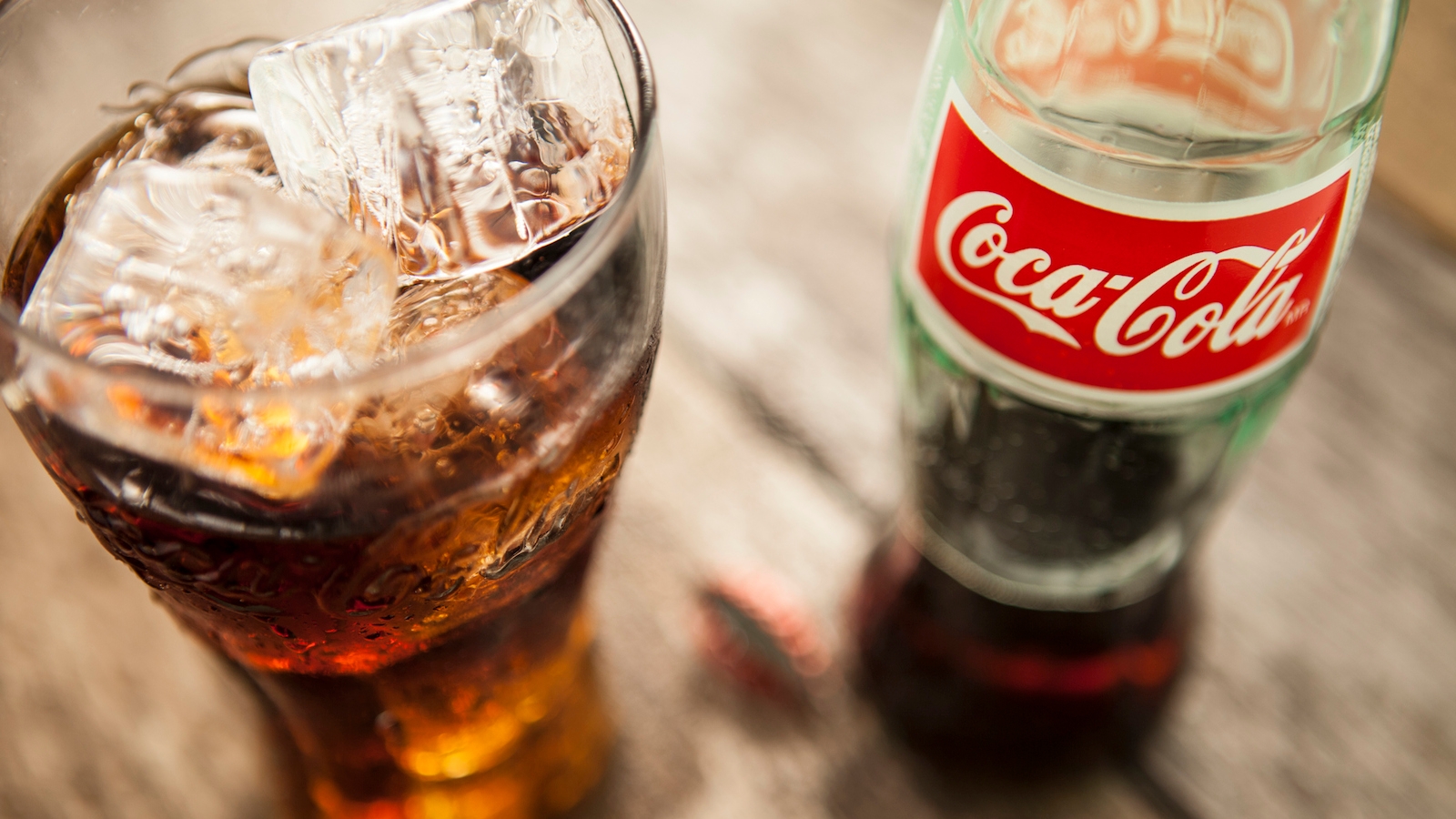Rabbi Tobias Geffen, an Orthodox rabbi who served Atlanta’s Congregation Shearith Israel from 1910 until his death in 1970 at the age of 99, is responsible for kashering Coke. Geffen was an unlikely contributor to the worldwide success of the beverage. Born in Kovno, Lithuania, in 1870, he immigrated to Canton, Ohio, in 1903 and accepted his Atlanta pulpit seven years later. During his long tenure at Shearith Israel, Geffen became the dean of Southern Jewish Orthodoxy.
As the millions of Eastern European Jews who immigrated to the United States from Poland, Lithuania, Russia, Ukraine, and elsewhere in Eastern Europe before World War I became more Americanized, they wanted increasingly to partake of “real” American life, including consuming American foods and beverages. While seltzer water might have been the preference of many traditional Jewish immigrants, their rapidly assimilating children and grandchildren demonstrated their Americanization by drinking Coke.
Because he lived in Atlanta where the Coca-Cola Company was headquartered, Geffen received letters from several Orthodox rabbinic colleagues around the nation asking whether it was halachically (according to Jewish law) permissible to consume Coca-Cola. Uncertain of the answer, Geffen contacted the company to ask for a list of Coke’s ingredients.
At the time, Geffen did not know that the formula for Coca-Cola is a closely guarded trade secret — perhaps one of the best-kept trade secrets in American history. Only a handful of individuals know the formula. Once Geffen inquired, the Coca-Cola Company made a corporate decision to allow him access to the list of ingredients in Coke’s secret formula provided he swore to keep them in utter secrecy. Geffen agreed to the terms. The company did not tell him the exact proportions of each ingredient, but just gave him a list of contents by name.
With your help, My Jewish Learning can provide endless opportunities for learning, connection and discovery.
When Geffen was given the list of ingredients, he discovered that one of them was glycerin made from non-kosher beef tallow. Even though a laboratory chemist told Geffen that the glycerin was present in only one part per thousand (one part in 60 is dilute enough to earn kosher certification), Geffen informed the Coca-Cola Company that, since this glycerin was a planned rather than accidentally added ingredient, observant Jews could not knowingly tolerate its inclusion. Coke failed to meet Geffen’s standards.
Back at the company’s laboratories, research scientists went to work finding a substitute for tallow-based glycerin and discovered that Proctor and Gamble produced a glycerin from cottonseed and coconut oil. When they agreed to use to this new ingredient, Geffen gave his hechsher or seal of approval, for Coke to be marketed as kosher.
Still, a second problem vexed Geffen: The formula for Coke included traces of alcohol that were a byproduct of grain kernels. Since anything derived from grains is chametz, or forbidden at Passover, Coca-Cola could not be certified kosher for use at Passover even after the formula was changed to include vegetable-based glycerin. Coke’s chemists experimented and found that, during the Passover season, they could substitute sweeteners produced from beet sugar and cane sugar for grain-based ones without compromising Coke’s taste. They agreed to start manufacturing Coke with the new sugars several weeks before Passover each year.
Geffen was pleased to have performed this service for the American Jewish people and the Coca-Cola Company. In his papers, which are housed in the archives of the American Jewish Historical Society, researchers can find a teshuvah (rabbinic response) that Geffen wrote which includes the following:
Because Coca-Cola has already been accepted by the general public in this country and Canada and because it has become an insurmountable problem to induce the great majority of Jews to refrain from partaking of this drink, I have tried earnestly to find a method of permitting its usage. With the help of G-d I have been able to uncover a pragmatic solution in which there would be no question nor any doubt concerning the ingredients of Coca-Cola.
Thanks to Rabbi Geffen, even the most observant Jews can feel comfortable that “things go better with Coke.”
Chapters in American Jewish History are provided by the American Jewish Historical Society, collecting, preserving, fostering scholarship and providing access to the continuity of Jewish life in America for more than 350 years (and counting). Visit www.ajhs.org.
kosher
Pronounced: KOH-sher, Origin: Hebrew, adhering to kashrut, the traditional Jewish dietary laws.
hechsher
Pronounced: HEK-sher, Origin: Hebrew, kosher certification for foods, and some other items, identifies product as complying with Jewish law.



